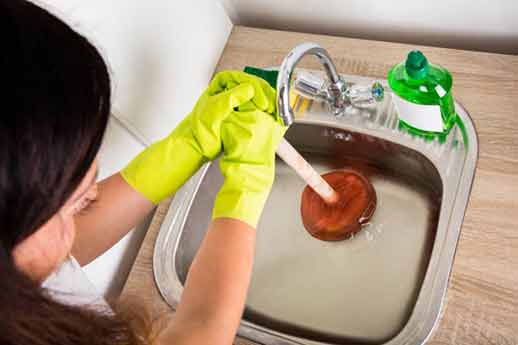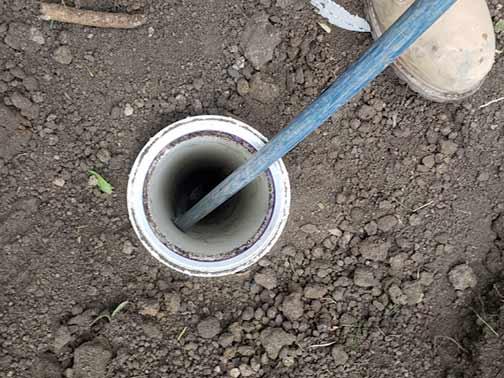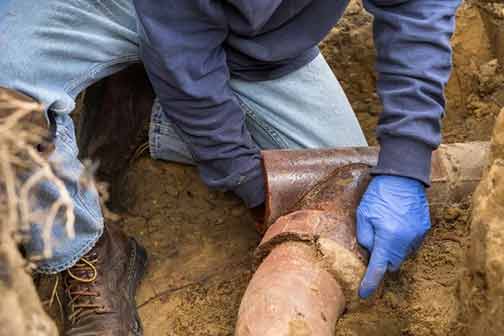
As a homeowner, one of the most dreaded plumbing issues is a sewer backup. Not only is it unpleasant and unsanitary, but it can also cause significant damage to your home. Hiring a professional plumber to fix the issue can be expensive, but there are some DIY plumbing hacks that you can try to fix common sewer backup issues. Here are some tips on how to handle some of the most common sewer backup issues.
Identify the Cause of the Backup
The first step in fixing a sewer backup is to identify the cause. There could be a variety of reasons for the backup, including clogged pipes, tree roots, or damage to the sewer line. Some of the most common causes of sewer backups include:
- Flushing non-degradable items down the toilet
- Pouring grease and oil down the sink drain
- Tree root intrusion
- Old or corroded pipes
- Heavy rainfall or flooding
If you know the cause of the backup, you can take steps to prevent it from happening again in the future. For example, you should avoid flushing non-degradable items down the toilet and dispose of grease and oil in the trash instead of pouring it down the sink drain.

If the clog is more severe, you may need to call in a hydro-jetting service to clear out the pipes.
Clean Out the Pipes
If you have a minor sewer backup, you may be able to clear it out using a plunger or a drain snake. A plunger can be effective in dislodging minor clogs in the toilet or sink drain. A drain snake, also known as an auger, can be used to clear out clogs deeper in the pipes. When using a drain snake, be sure to follow the manufacturer’s instructions carefully to avoid causing damage to the pipes.
If the clog is more severe, you may need to call in a hydro jetting service to clear out the pipes. A hydro-jetting machine is a high-pressure water jet that shoots water down the pipes to clear out any obstructions. This method is best left to the professionals, as it can be dangerous if not done correctly.

If the backup is caused by damaged pipes, such as those that have cracked or corroded, you will need to repair or replace them.
Repair or Replace Damaged Pipes
If the backup is caused by damaged pipes, such as those that have cracked or corroded, you will need to repair or replace them. This is a more involved process that requires the services of a local plumber. The plumber will need to assess the extent of the damage and determine the best course of action by way of inspecting your sewer line with a camera.
If the damage is minor, the plumber may be able to repair the sewer line using a patch or epoxy. For more extensive damage, the plumber may need to replace the damaged section of the sewer line entirely. This can be expensive, but it is necessary to prevent further damage to your home.
Prevent Future Backups
Once you have resolved the current sewer backup issue, it is important to take steps to prevent future backups. Here are some tips:
- Have your pipes inspected regularly to check for damage or signs of wear and tear
- Avoid flushing non-degradable items down the toilet
- Dispose of grease and oil in the trash instead of pouring it down the drain
- Plant trees away from the sewer line to avoid root intrusion
- Install backwater valves to prevent sewage from flowing back into your home
By following these tips, you can reduce the risk of future sewer backups and ensure that your plumbing system is working efficiently.
Final Thoughts
Sewer backups can be a nightmare for homeowners, but there are DIY plumbing hacks that you can try before calling in the professionals. By identifying the cause of the backup, cleaning out the pipes, repairing or replacing damaged sewer pipes, and taking steps to prevent future backups, you can save yourself time and money and avoid the hassle of dealing with a messy and unpleasant issue.